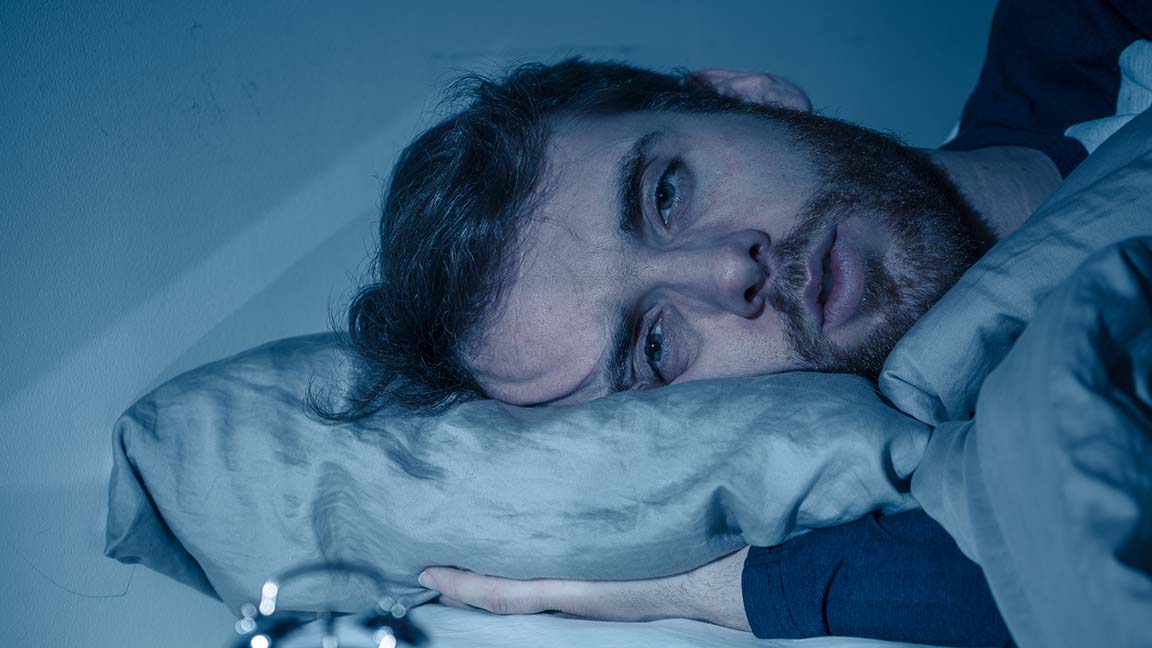A good night’s sleep does more than help the body recover from the day’s activities. It’s also crucial for long-term health, supporting everything from weight maintenance to immune response to cognitive function.
Sleeping is also big business. Americans looking to get better sleep spent more than $1 billion last year on products containing melatonin, the so-called “sleep hormone.” That’s nearly twice as much as Americans spent during the same period three years ago, according to market analytics firm NielsenIQ.
Melatonin is a hormone the body naturally produces to regulate the sleep cycle, but some people take melatonin supplements to help improve their sleep.
Pros and cons
So is melatonin worth taking? That depends.
Tidelands Health family medicine physician Dr. Michelle McCauley, who practices at Tidelands Health Family Medicine at Andrews, says melatonin is helpful for many people, but it’s important to be fully informed before taking the supplement.
Here are six key things to know:
1. How it works
Melatonin is naturally produced by the brain’s pineal gland to maintain a healthy sleep/wake cycle and support a normal circadian rhythm. Taking a melatonin supplement can help send the message it’s time for shut eye.
“Melatonin is a hormone produced by the body to stimulate a quiet wakefulness and prepare the body for sleep,” Dr. McCauley says. “The goal of using supplemental melatonin is to further aid in the natural process.”
2. Useful for short-term disruptions
Melatonin works best for addressing short-term sleep disturbances such as jet lag, Dr. McCauley says. That’s because sudden changes in light and dark can confuse the brain’s natural sleep cycle.
“Try taking it for a few nights, and if you achieve good sleep, you can try weaning off or tapering your dose back to the lowest dose needed.”
3. Not for everyone
Like other medications and supplements, melatonin can have side effects and isn’t a good choice for all patients. Dr. McCauley says melatonin supplements shouldn’t be taken by pregnant or nursing women or by people with autoimmune disorders, seizure disorders or depression. Melatonin’s potential side effects include:
- Vivid dreams
- Daytime sleepiness
- Headaches
- Irritability
- Short-term feelings of depression
- Stomach cramps
4. Alternatives
Dr. McCauley says patients with long-term sleep problems should consider addressing the underlying cause of their insomnia, often anxiety or depression.
“I have found that there are usually underlying causes that can be addressed that contribute to insomnia,” she says.
Before trying a supplement, she says, practice good “sleep hygiene,” such as keeping the bedroom dark and avoiding caffeine just before bed. And don’t watch TV or use your cell phone in the bedroom just before sleep – the light can trick the brain into thinking it’s time to get up.
5. Talk to your physician
Even though melatonin supplements are sold over the counter, patients who are interested in using melatonin should speak with a physician or other qualified provider before beginning to use the supplement. Your physician can recommend the proper dose, timing and provide other important advice and information.
If the supplement doesn’t work, be sure to follow up with your physician as that can be a sign of an underlying condition that needs to be addressed.
“If your over-the-counter medications are not helping with your sleep, it is important for your doctor to know,” Dr. McCauley says.
6. Handle it safely
As melatonin use has increased, reports of melatonin overdose, emergency departments visits and poison control center calls have increased, according to the American Academy of Sleep Medicine. Be sure to keep melatonin out of the reach of children and speak with your child’s physician before providing melatonin or any other supplement to your child.

Dr. Michelle McCauley
Physician, Tidelands Health Family Medicine at Andrews
Call to Schedule
Bio
Dr. Michelle McCauley is a family medicine physician at Tidelands Health Family Medicine at Andrews. She is accepting new patients.
Learn MoreMedical Education
Education
- Edward Via College of Osteopathic Medicine – Carolinas Campus, Doctor of Osteopathic Medicine
Residency
- Tidelands Health MUSC Family Medicine Residency Program, Family Medicine
Meet the Expert
Dr. Michelle McCauley
Call to Schedule
Dr. Michelle McCauley is a family medicine physician at Tidelands Health Family Medicine at Andrews. She is accepting new patients.




